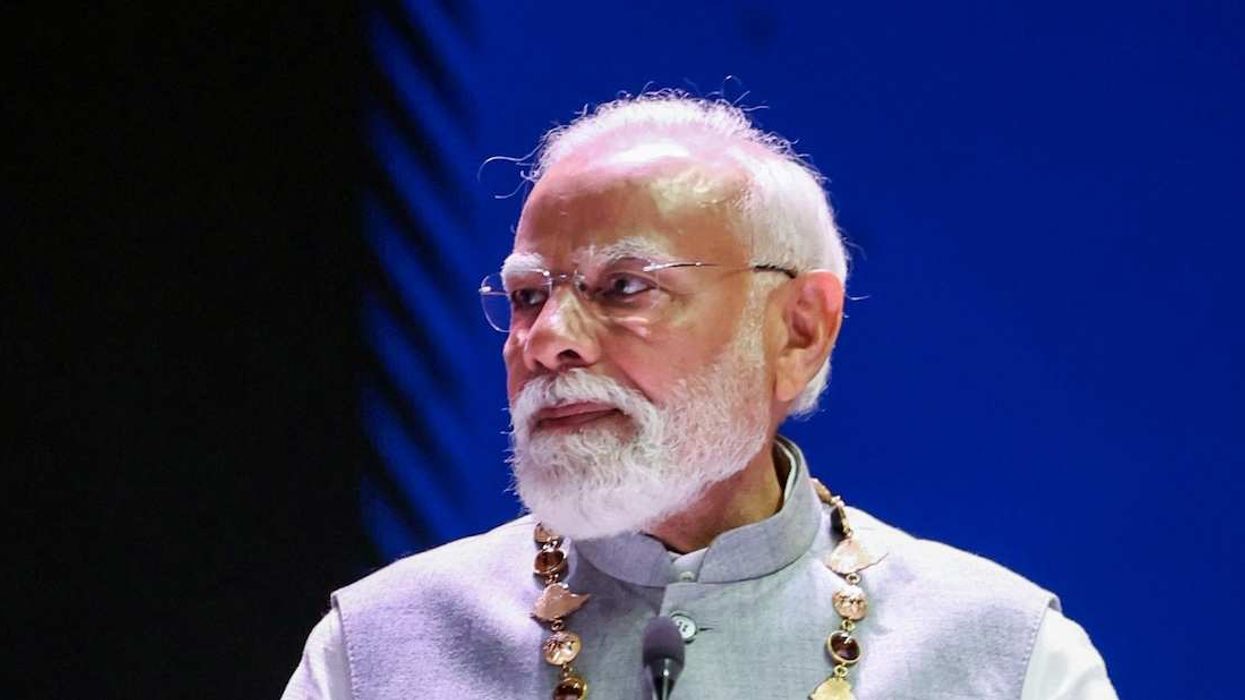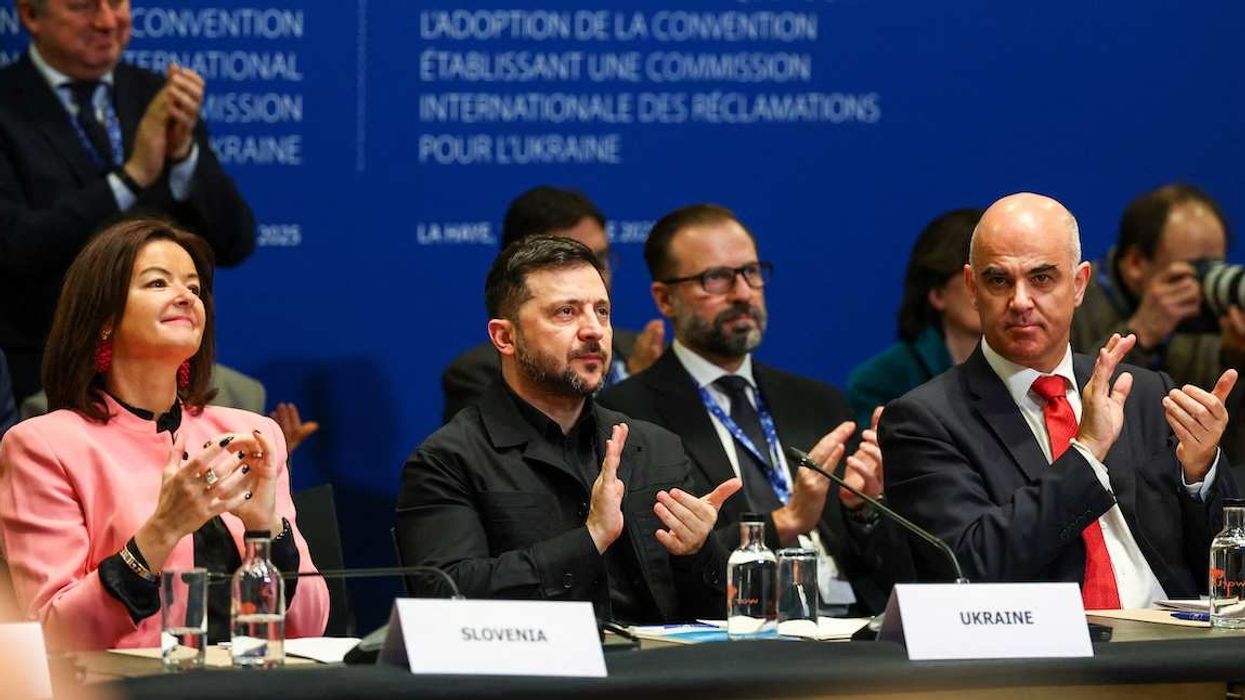The last time the World Bank and International Monetary Fund held their landmark conference in April, speakers placed great emphasis on each institution’s role in helping the world’s poorest people get a leg up. Not an easy task by any measure — particularly with geopolitics interfering — so just ahead of the release of their latest World Economic Outlook for this week’s Annual Meetings, how have things gone?
Soft landing for rich countries, rocky shores for poor ones. The topline number for global economic growth is deceptive: At 2.6%, the projection seems pretty meh — not great but hardly a catastrophe, particularly if inflation stays under control. Scratch the surface, though, and you’ll find that the world’s 26 poorest countries are deeper in debt than at any time since 2006 while development aid from rich countries has fallen to its lowest level since 2003. The World Bank, in particular, will need to find creative ways to help these most vulnerable economies climb the development ladder.
Electrifying Africa. The flagship program launched at the Spring Meetings in April, a $90 billion effort to bring electricity to some 300 million people across the continent, will also be discussed. “Mission 300” is off to a promising start: The World Bank has allocated $750 million to building rooftop solar and mini-grids in Nigeria, which could bring electricity to nearly 18 million people in Africa’s most populous nation. They’ve also launched 15 smaller projects across 11 other countries in a similar vein, and a summit on the next steps is planned for January in Dar es Salaam.
Bailouts make progress. As the lender of last resort, the International Monetary Fund has to tackle the toughest cases of financial collapse, which was heavily exacerbated by the pandemic. Fortunately, their five largest bailout programs (Argentina, Egypt, Ukraine, Pakistan, and Ecuador) are all on relatively stable fiscal footing, though geopolitical risks remain threats, particularly for Kyiv and Islamabad.



















